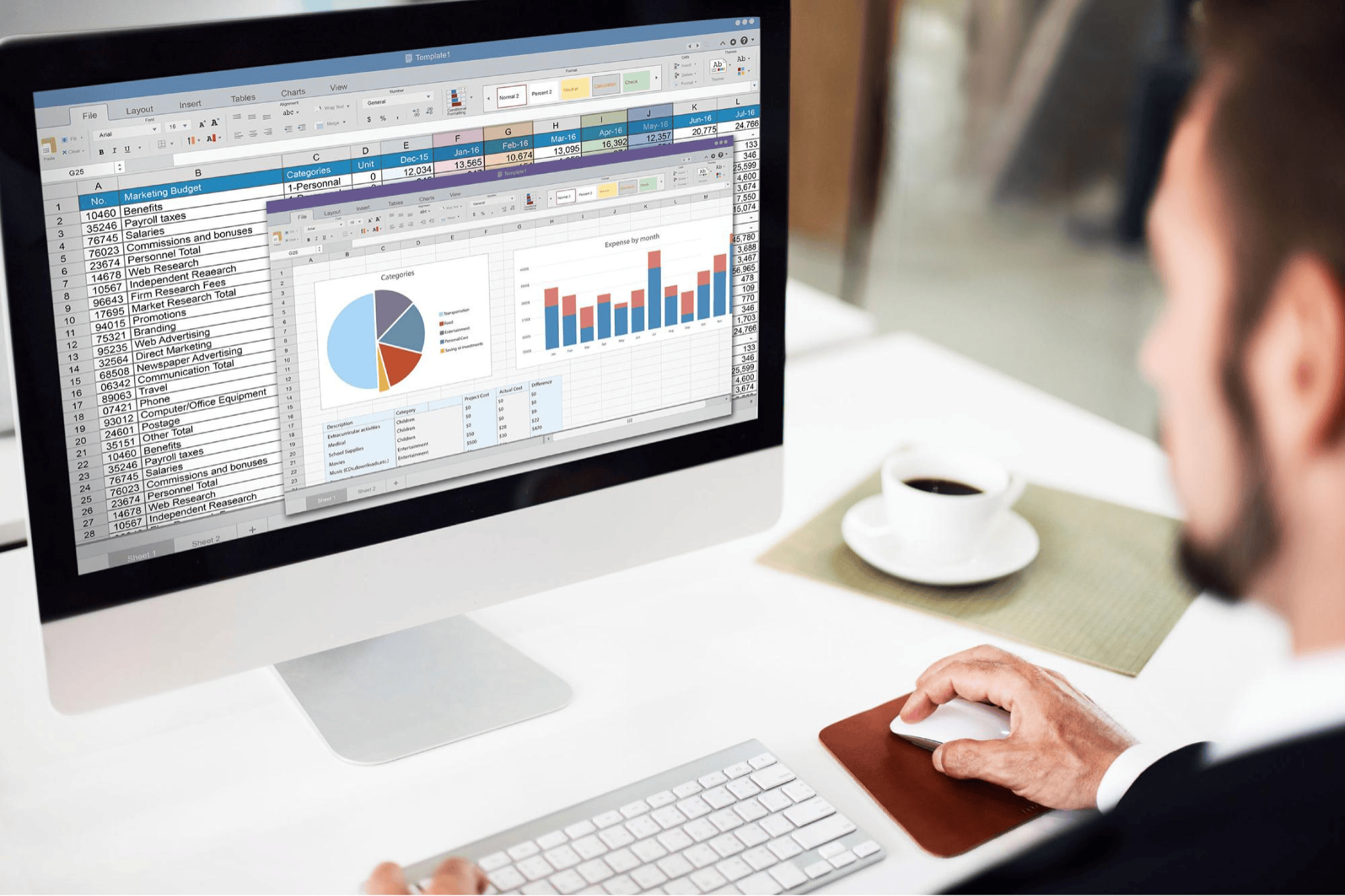Don't Fall for These Coronavirus Stimulus Check Scams Beware of the bad actors trying to take advantage.
By Aman Jain
This story originally appeared on ValueWalk

Millions of Americans have already received their second stimulus checks of up to $600, while millions more will get it soon. Those who have yet to receive coronavirus stimulus checks need to be careful about scams. This is because, similar to last time, scammers are again active to dupe people out of their coronavirus stimulus checks and personal information.
Related: Second Coronavirus Stimulus Check: How to Check the Status
IRS will never call, message, or email you directly
There have already been several reports of people getting fake text messages, emails, or phone calls about their upcoming stimulus checks. Most of these scam messages encourage users to click on a link to confirm their payment or enter their personal information to claim their payment.
The IRS has been issuing warnings not to fall for such scams, including not clicking on any such links, or entering your bank account or other information. Whenever you get any such messages, always remember that it is not from the IRS. The IRS will never send you a direct message or call you about your stimulus checks.
"Remember: #IRS does NOT send unsolicited texts. Watch out for a scam that asks for bank account info in order to send you an Economic Impact Payment," the IRS said in a tweet.
Though you know that the IRS won't send you any direct messages or call about your stimulus check, it is important that you are aware of the tricks that scammers are using. This could not only help you to avoid problems but enable you to report such scams to the concerned authorities as well.
Related: Coronavirus Stimulus Checks: Here's What IRS Wants You to Know Before 2020 Taxes
Common stimulus checks scams
The most common trick that scammers use is sending a text message that may say you've "received a direct deposit from COVID-19 (Treasury) Fund." Such a message will also include a phony link to "accept the payment."
Another trick scammer's use is by asking you to verify your financial information to speed up the stimulus check payment. Remember, the IRS will never ask you to verify your information. If you ever need to submit any information to the IRS, then you can do so via this IRS web page.
In case you are unable to identify if the message, email, or call you got is from the IRS or not, then the best way is to scan the language of the message or call. If the person to whom you are talking to or the message uses language other than "economic impact payment" then be assured it is a scam.
The IRS always uses the term "economic impact payment" to talk about the stimulus check. Scammers, on the other hand, are likely to use "stimulus check" or "stimulus payment."
Even if any communication includes the term "economic impact payment" there is no guarantee of it being genuine. Thus, to stay safe, it is recommended that you always use the official IRS web page to get information on the stimulus payment.








